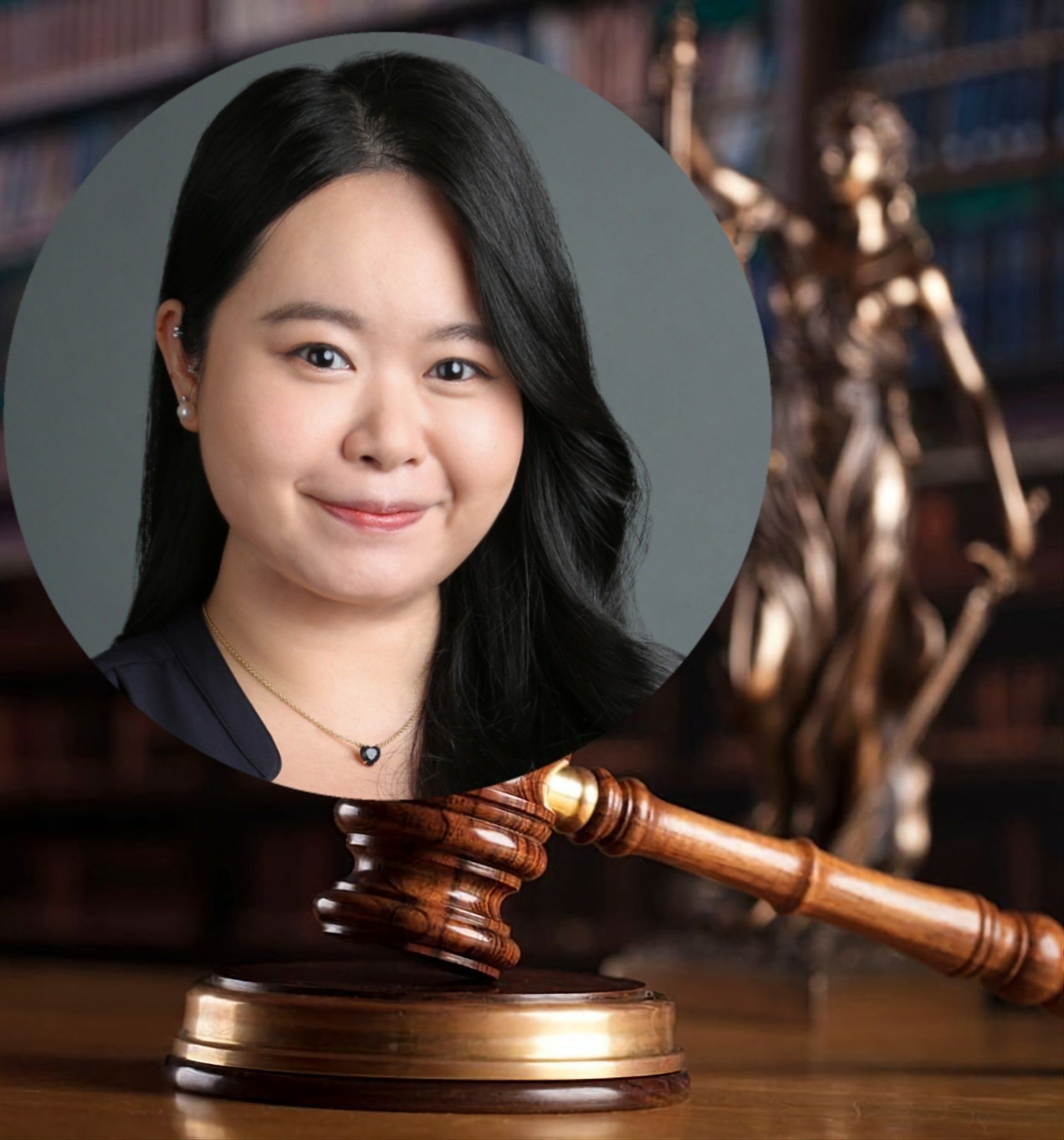FAQ on Child custody and maintenance
Children Custody & Maintenance FAQ
An FAQ can't replace a lawyer. It may help you to have an overview on matters you ought to know before you make a decision.
-
Overview of child maintenance
Child maintenance covers how your child’s living costs will be paid when one of the parents does not live with the child. It’s made when you’ve separated/divorced from the other parent or if you’ve never been in a relationship.
This is a financial arrangement between you and the other parent of your child.
You must have a child maintenance arrangement if your child is under 18 (or under 21 if they are still in full-time education).
Both parents are responsible for the costs of raising their children, even if they do not see them. In divorce, child's maintenance responsible by a one of the parents would happen in the form of a court order. The advantage of a court order is you may apply to the court to enforce the payment if the party defaults.
-
Enforcing and changing the child's maintenance order
After divorce, you might have obtained an order on child maintenance. You can ask a court for help if the other parent does not pay any child maintenance they owe you. This is known as taking ‘enforcement action’.
You cannot enforce a private child maintenance arrangement you’ve made yourself - you need to make it legally binding first.
You can also ask the court to change an existing child maintenance decision or make a new one. This is variation of maintenance order and is normally made for increase of the amount due to the change of financial circumstances. Variation can be for increase or a decrease.
-
Mediation on children's arrangement
During mediation, an independent trained mediator helps you and your spouse to work out an agreement about:
- New or revised arrangements for children;
- Child maintenance payments and finances;
- Temporary arrangements e.g. accommodation and schooling that can be looked at again when circumstances change.
Some people find that mediation is quicker, less stressful and less expensive than going to court, and in many cases the court will expect you to consider mediation seriously before looking for the court to decide on the children's issues. A judge cannot substitute the role of parents.
-
Parenting Plan
Parenting Plan is common in England. Divorcees are advised to see whether this is helpful.
The Parenting Plan is a written plan worked out between parents after they separate and it covers the practical issues of parenting.
- The Plan can help clarify the arrangements you need to put in place to care for your children.
- It can help you in dealings with your children’s other parent or carer, and it asks parents to put the best interests of their children first.
- There are many benefits of making a Parenting Plan:
- it will help everyone involved know what is expected of them;
- it acts as a valuable reference to go back to; and
- it sets out practical decisions about the children, such as living arrangements, education and health care.
If you do go to court, it is likely that judges will expect you to have certain thing else agreed on the child's arrangement.
You can use this Parenting Plan:
- summary of progress to write down which areas you have agreed on, and
- which areas you might need help with from a court.
This can be the time to think again about whether court is the best route or whether there are other better options to make child arrangements.
-
Role of lawyer on child maintenance
- work out an amount to pay
- arrange payments and take action if a parent does not pay
- sort out disagreements about parentage
-
May I ask the court deal with Divorce and Child custody separately?
No.
The court will make a decree absolute only until the court is satisfied with the arrangements for the children.
-
May I ask the court to vary a child's maintenance order?
Yes.
Variation of maintenance order can happen after divorce due to the change of financial circumstances of either party. Variation may be for increase or decrease of the maintenance amount. Court considers variation based on the same set of factors when deciding the original maintenance order.
-
How long does child maintenace last?
it last until the child reaches the age of 18 and it would be the age of 21 if the child continues to receive education.
-
Arguing for child custody will significantly add legal costs to your bill.
In divorce, child custody is one of the big issue.
If you and your spouse have children, you will have to figure out child support and custody. If this can't be peacefully resolved and a court battle is required, adding these two issues can cost you.
People can get very emotional about their children. Minor issues might become big in parents' eyes resulting in big feelings. Debating right and wrongs would require lawyers to write lengthy letters and hence a long bill.
Unless one parent is violent or grossly neglectful, court rarely grant sole custody to one parent. Keeping the status quo ie. joint custody is the best method among all and so do the courts believe.
-
What's the Court's attitude on child custody.
Divorce is adult parents' issue. The Courts want children least affected. They promotes frequent and continuing contact with both parents and will make custodial orders based upon the best interests of the child. Therefore, joint custody which means keeping of the status quo would generally be the case.
Why you need a family lawyer to help?
Some people think that divorce is a simple process and do not need a lawyer's help. Our experience proves that this is not always so. Divorce often result in significant financial impact on one or both parties. This would be crucial to a spouse having a weaker financial position in terms of income and assets.



